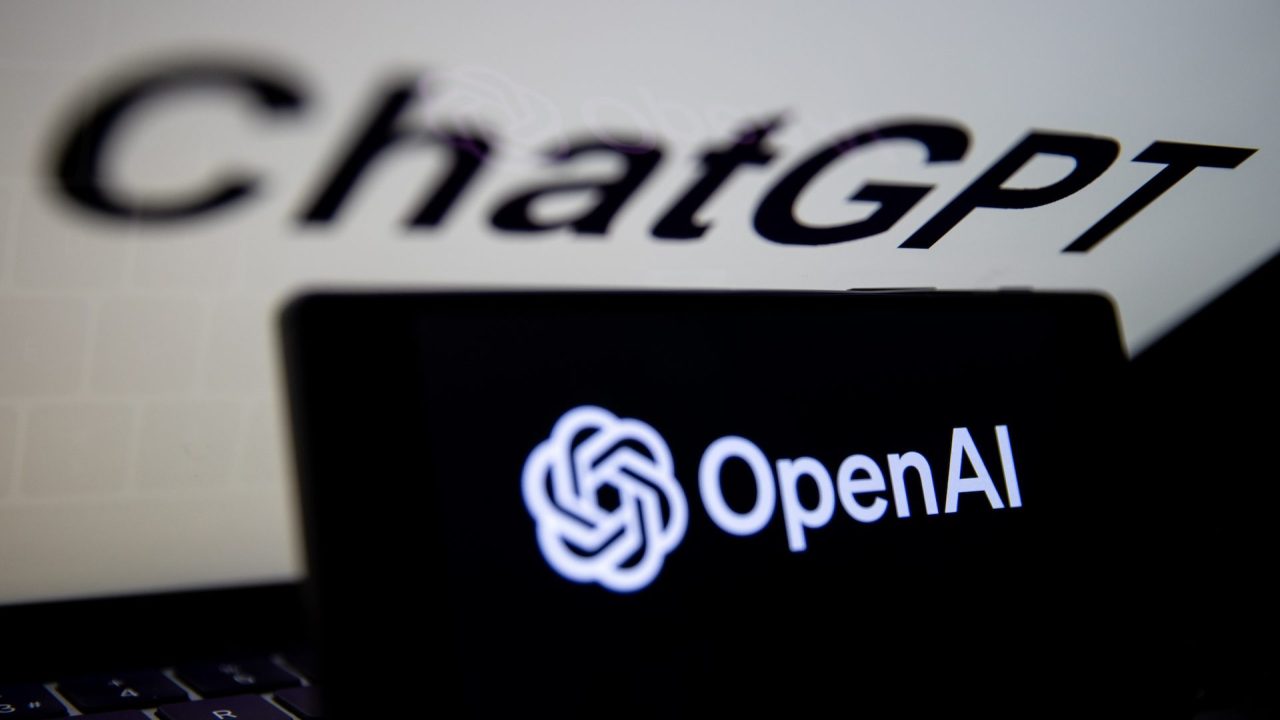In a rapidly evolving digital landscape, where the realms of artificial intelligence and journalism converge, OpenAI has made headlines by establishing a strategic partnership with the Financial Times (FT). This collaboration not only signifies a significant step for both entities but also paves the way for transforming how content is created, consumed, and monetized in the age of AI. Let’s dive deep into the implications of this partnership and what it may mean for the future of journalism and technology.
The Essence of the Partnership
The recent licensing agreement between OpenAI and the FT is more than just a financial transaction; it embodies a symbiotic relationship aimed at enhancing the capabilities of generative AI while also safeguarding the integrity of journalism. This partnership allows OpenAI to utilize FT’s extensive archive of content to train its AI models. By doing so, OpenAI aims to mitigate issues like “hallucination”—the AI’s propensity to fabricate misinformation—which poses a significant challenge in the AI landscape.
- Content Access: OpenAI will leverage FT’s journalism to improve the contextual richness of AI-generated responses.
- Strategic Exploration: Both parties are eager to investigate the development of new AI features and products that cater to FT readers.
- Enhanced User Experience: ChatGPT users will soon benefit from attributed summaries and detailed links to relevant FT articles, thus bridging the gap between AI responses and authentic journalism.
The Importance of Content Licensing
Licensing agreements such as this one are becoming increasingly important for AI platforms eager to avoid legal pitfalls associated with copyright infringement. OpenAI has been under scrutiny for utilizing publishers’ content without permission in the past, facing lawsuits like the one from the New York Times. The proactive approach to licensing not only protects OpenAI from potential litigations but also serves as a revenue stream for publishers. By forging these relationships, OpenAI shows its commitment to transparency and ethical AI development.
Benefits and Opportunities for Publishers
While OpenAI stands to gain from the collaboration, publishers like the FT can also reap significant rewards. Licensing deals create additional revenue opportunities and potentially increase traffic to publishers’ websites as AI users engage with linked content. Furthermore, as AI continues to grow in prominence, being part of this technological advancement can enhance a publisher’s reputation and adaptability in a changing landscape.
- Monetizing Quality Content: Cash flow for publishers who allow their content to be used for AI training.
- New Reader Engagement: Opportunities for increased readership as users interact with citations leading back to their platforms.
- Innovative Journalism: Exploring AI as a tool for enhancing journalistic efforts and improving content creation.
Challenges and Considerations
Despite the promising prospects, this partnership is not without risks. The integration of AI into content curation must remain cautious to avoid undermining journalistic integrity. Historical missteps, such as those faced by CNET, highlight the potential pitfalls when AI is not used transparently. The FT’s well-established reputation for quality journalism rests on maintaining trust with its readers. It’s crucial that the use of AI complements rather than dilutes the authenticity of its reporting.
Moreover, the ongoing legal uncertainties around AI and privacy laws, particularly in Europe, continue to loom over this partnership. Navigating these complexities will be critical for both OpenAI and the FT as they seek to innovate while ensuring compliance with regulatory frameworks.
Conclusion: A Forward-Thinking Partnership
In conclusion, the strategic partnership between OpenAI and the Financial Times represents a thoughtful marriage of technology and journalism. This collaboration not only aims to enhance the user experience with AI-generated content but also commits to preserving the trustworthiness of information that audiences rely upon. As we forge ahead into this new digital age, the ways in which we consume and interact with journalism will undoubtedly evolve, ushering in a blend of traditional and innovative methods of storytelling.
At fxis.ai, we believe that such advancements are crucial for the future of AI, as they enable more comprehensive and effective solutions. Our team is continually exploring new methodologies to push the envelope in artificial intelligence, ensuring that our clients benefit from the latest technological innovations.
For more insights, updates, or to collaborate on AI development projects, stay connected with fxis.ai.

